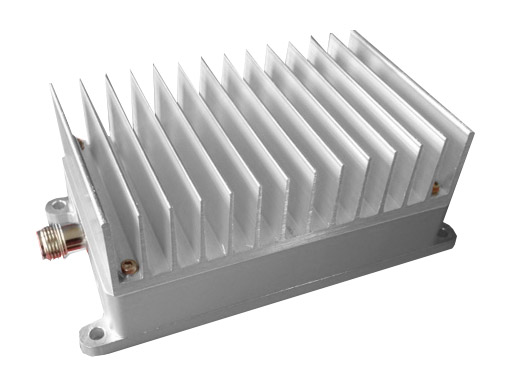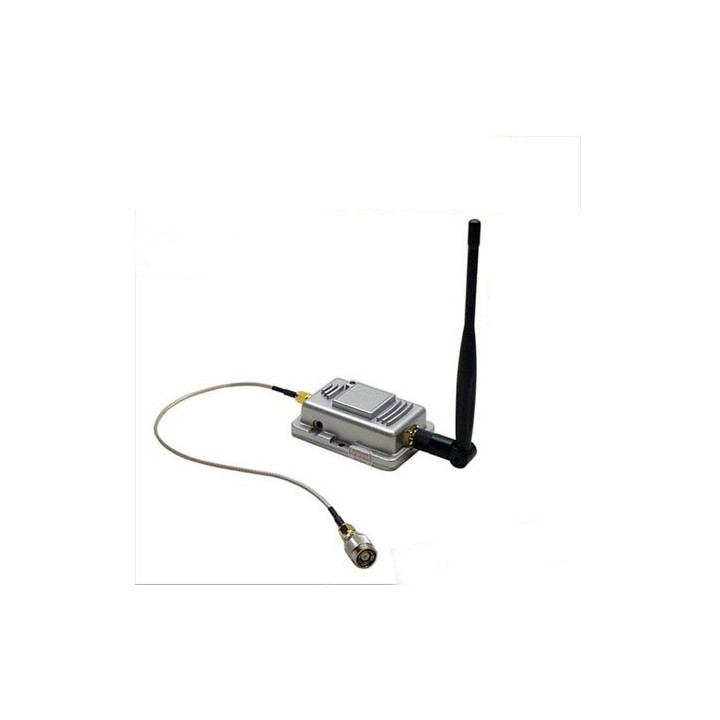

Which frequency should be used– 2.4 GHz or 5 GHz? The 5 GHz frequency facilitates the customer with a higher data range with negligible interference and offers a great deal when it comes to the internet speeds for wifi for home.Ĭontrary to this benefit, it has a narrow coverage area and is not a successful band when it comes to penetrating solid objects. On the other hand, it has a lower data range and is highly prone to interference and disturbance. The 2.4 GHz frequency of the wifi router offers the wifi user a wide coverage area and is better at penetrating solid objects with a maximum speed of 150 Mbps. Here are both the frequencies in a nutshell

It has more channels for communication, and being the newbie in the market it usually has not many competing devices on the band. The 5GHz band, which is the newer of the two, has the potential to cut through network clutter disturbance and interference to maximize network performance. If you need higher r speed and could sacrifice for range, the 5GHz band should be used. If you want a better and a longer range for your devices, use 2.4 GHz. There is no tumbling thought over what should be the ideal frequency amongst the two frequencies. speed - The Major Difference between the frequency digits (2.4GHz vs. The key point to ponder about is the speeds of the wifi for home or office will vary based on the internet service speed the users are paying for. Every router is designed to deliver a certain desired set of frequencies, and one will want to consider which WiFi band and the channel will best suit the needs and give the user optimum performance. The two big differences between these upending internet technologies, 2.4 GHz and 5 GHz Wifi connections are - speed and range.Ī wireless transmission at 2.4 GHz provides internet to a larger area but sacrifices the fast internet speed, while 5 GHz provides faster speeds but restricts itself to a smaller area.


We may also share this information with third parties for this purpose.These numbers refer to two different radio wavelengths (often called "bands" or "frequencies") currently used by most routers to transmit wifi connections. We will use this information to make the website and the advertising displayed on it more relevant to your interests. Targeting/Profiling Cookies: These cookies record your visit to our website and/or your use of the services, the pages you have visited and the links you have followed. Loss of the information in these cookies may make our services less functional, but would not prevent the website from working. This enables us to personalize our content for you, greet you by name and remember your preferences (for example, your choice of language or region). Functionality Cookies: These cookies are used to recognize you when you return to our website. This helps us to improve the way the website works, for example, by ensuring that users are easily finding what they are looking for. Analytics/Performance Cookies: These cookies allow us to carry out web analytics or other forms of audience measuring such as recognizing and counting the number of visitors and seeing how visitors move around our website. They either serve the sole purpose of carrying out network transmissions or are strictly necessary to provide an online service explicitly requested by you. The cookies we use can be categorized as follows: Strictly Necessary Cookies: These are cookies that are required for the operation of or specific functionality offered.


 0 kommentar(er)
0 kommentar(er)
